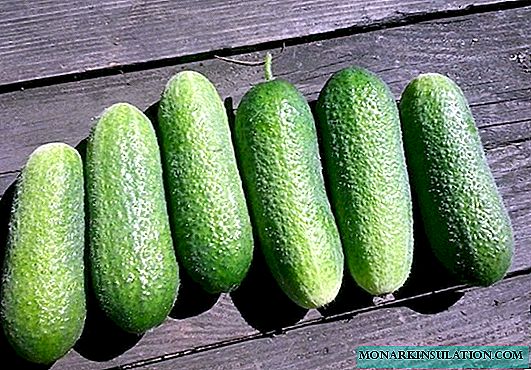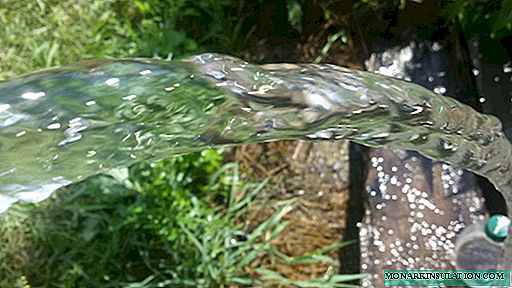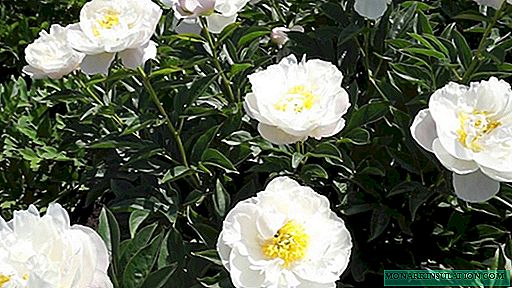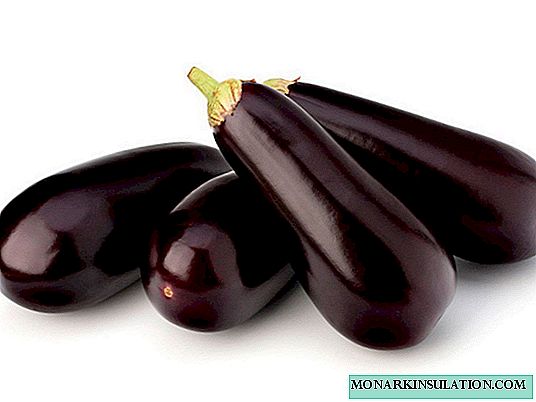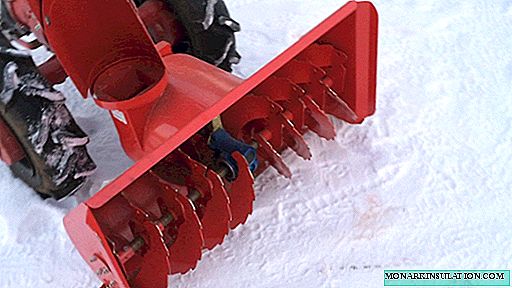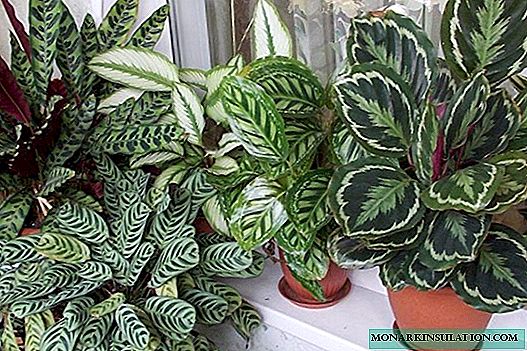Creating a beautiful garden does not always require costs, and it comes to both time and finances. There are several ways to save. We will talk about them today.  Source: sdelajrukami.ru
Source: sdelajrukami.ru
Method 1. Buyer’s Chess
The building materials market is huge. And the incredible range does not allow you to concentrate and make a balanced decision. After 5-10 sentences, the information begins to mix, it is impossible to stop at something. The way out is to make a “chess”, a kind of table. In it indicate the necessary building materials, as well as companies in which you can buy what you want at an affordable price without overpayment.
Method 2. The paradox of saving
It is not strange, but it is not always necessary to save. Pre-acquired low-quality material will entail more costs (repair, replacement). Therefore, when you buy something, correlate price and quality. No matter how hard it sounds.
Method 3. We use other materials
There are widespread stereotypes about how the "correct" garden design should be. For example, the roof of the arbor should be made of metal tiles, galvanized. You can move away from the standards and use other materials. By the way, do not underestimate the tree.
Method 4. Design Secret: Combination
While developing the garden design, you can pay attention to an interesting technique - combination. The use of different materials will bring new notes to the general background, and will also allow you to stand out among many similar sites.
Method 5. The correct use of the material
Some cheap building materials are used as an element of decor or, for example, for the construction of a gazebo. Any of them can be successfully decorated: apply a carved pattern, cover with unusual or bright paint, place in a non-standard place. It takes a little imagination and an extraordinary look at your garden.
Method 6. Increase the service life of materials
To maximize the operational life of materials immediately after their installation, protective agents must be applied: antiseptics, impregnations, etc. This rule is especially true for wooden structures susceptible to decay and decomposition.

